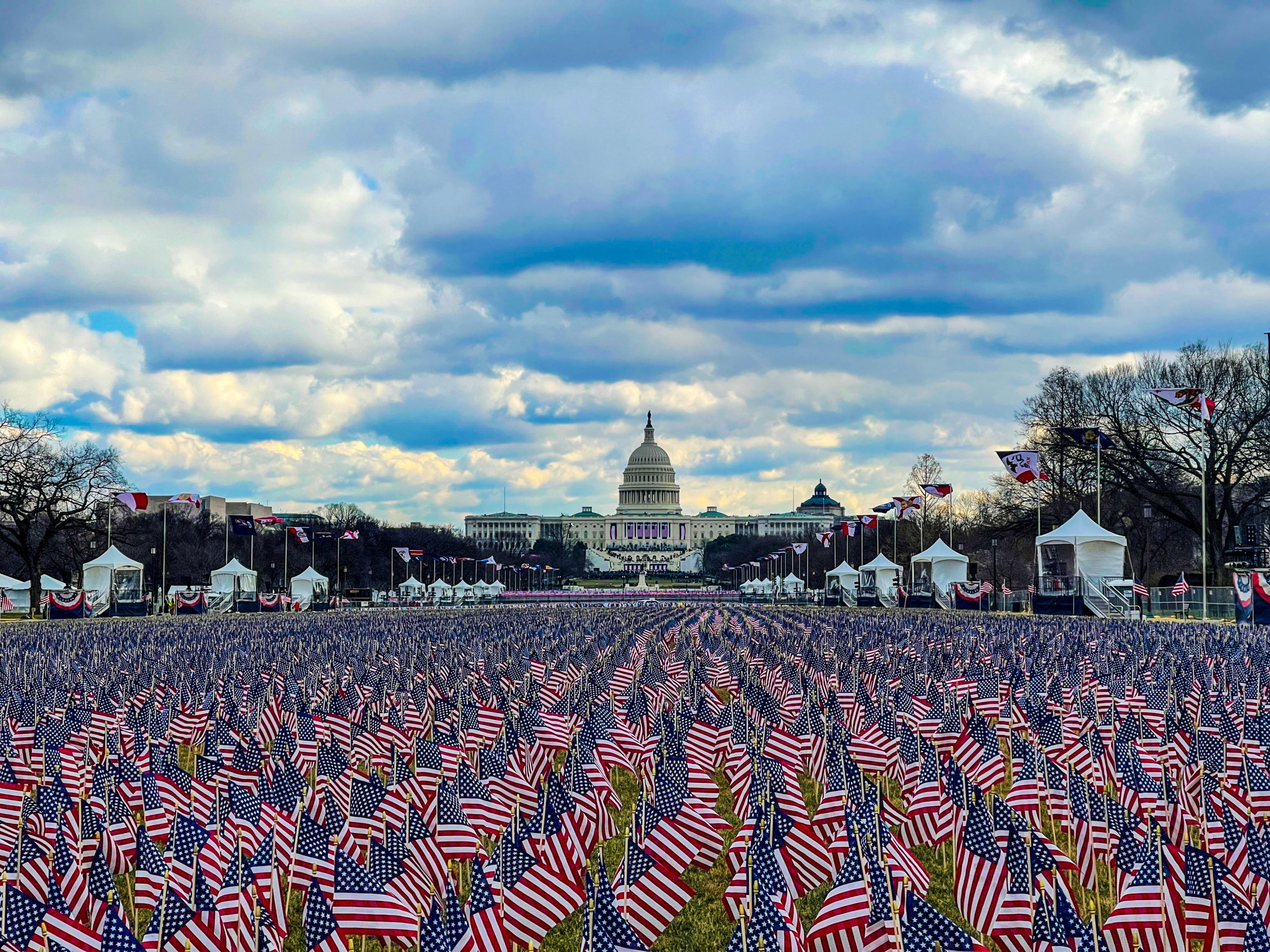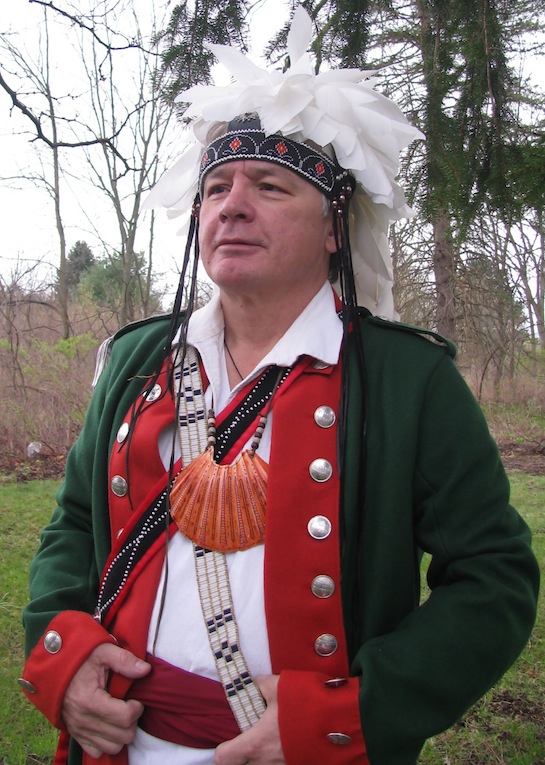Indianz.Com > News > Doug George-Kanentiio: Native people invisible on inauguration day
Indigenous Musicians Merit Center Stage: We Will Not Remain Silent
Monday, February 1, 2021
Rumble: Indians Who Rocked the World premiered on PBS two years ago, on January 19, 2019. This remarkable, and long overdue, show featured Indigenous musicians who have had significant impact on contemporary and historical music. While most of the profiled artists are from the 20th century it does prove that aboriginal music is the true “North American” means of harmonic expression.
By watching the documentary we learn that the blues, jazz, rock, New Age and world music have had Native roots. Past composers and stars of Native ancestry range from Charley Patton, the godfather of the blues to the jazz artist Russel Moore and Kay Starr, one of the most prominent country singers of the 1940’s-50’s.
Others of influence are Link Wray, Peter Lafarge, Jesse Ed Davis, Floyd Westerman, Joseph Fire Crow, Willie Dunn, Buddy Red Bow and A. Paul Ortega, all now in the spirit world but not before they were able to share their talents as singers, composers and instrumentalists across the globe.
Among the contemporary artists are Robbie Robertson, Buffy St. Marie, Joanne Shenandoah (my wife), Joanelle Romero, Pat Vegas, R. Carlos Nakai, Bill Miller, Annie Humphrey and hundreds of others. They are talented equal to anyone else but have been muzzled because of their heritage. Whatever cartel controls the music industry has decided that Native music is not marketable hence made invisible.


Doug George-Kanentiio, Akwesasne Mohawk, is the
vice-president of the Hiawatha Institute for Indigenous Knowledge. He has served
as a Trustee for the National Museum of the American Indian, is a former land
claims negotiator for the Mohawk Nation and is the author of numerous books and
articles about the Mohawk people. He may be reached via e-mail at:
Kanentiio@aol.com or by calling 315-415-7288.
Note: Content copyright © Doug George-Kanentiio
Search
Filed Under
Tags
More Headlines
Native America Calling: Where do Native Americans fit in with America’s Semiquincentennial celebration?
Native America Calling: New post office rule is among potential hurdles for Native voters
Native America Calling: Remembering Ben Nighthorse Campbell and Harvey Pratt
President Trump vetoes tribal homelands bill with swipe at trust relationship
Native America Calling: The Pleiades star cluster ushers in winter story season
NAFOA: 5 Things You Need to Know This Week (January 5, 2026)
Native America Calling: Native in the Spotlight with Elaine Miles
Native America Calling: Gearing yourself up for 2026
Statement: Chairman of Miccosukee Tribe on veto of homelands bill
Native America Calling: Lumbee Nation secures its sovereign status
Chuck Hoskin: Cherokee Nation builds on tradition with technology
Native America Calling: The Year in Native News
Native America Calling: Native music in 2025
Native America Calling: Amid Greenland’s independence push, Denmark accounts for colonial blunders
Senate Committee on Indian Affairs sets business meeting and hearing
More Headlines
Native America Calling: New post office rule is among potential hurdles for Native voters
Native America Calling: Remembering Ben Nighthorse Campbell and Harvey Pratt
President Trump vetoes tribal homelands bill with swipe at trust relationship
Native America Calling: The Pleiades star cluster ushers in winter story season
NAFOA: 5 Things You Need to Know This Week (January 5, 2026)
Native America Calling: Native in the Spotlight with Elaine Miles
Native America Calling: Gearing yourself up for 2026
Statement: Chairman of Miccosukee Tribe on veto of homelands bill
Native America Calling: Lumbee Nation secures its sovereign status
Chuck Hoskin: Cherokee Nation builds on tradition with technology
Native America Calling: The Year in Native News
Native America Calling: Native music in 2025
Native America Calling: Amid Greenland’s independence push, Denmark accounts for colonial blunders
Senate Committee on Indian Affairs sets business meeting and hearing
More Headlines